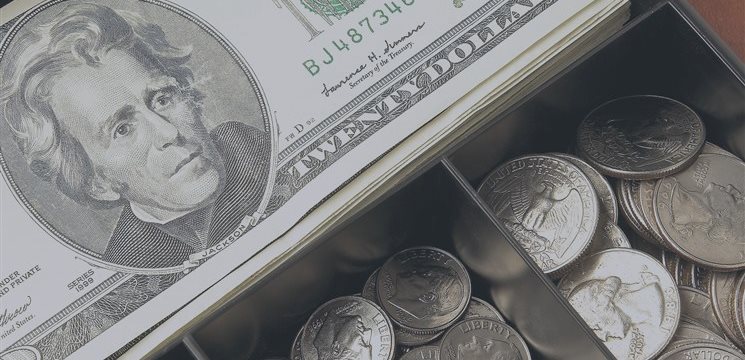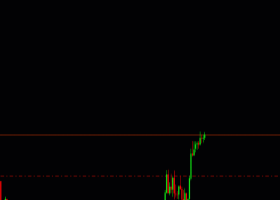
Analysis: Strong dollar divides world economy into winners and losers
The U.S. Dollar Index measuring the greenback's performance against its counterparts has risen about 25 percent from a May 6, 2014,
low as investors expect the U.S. will outpace its trading
partners and the Fed soon will raise interest rates while other
countries retain an easy stance. The dollar’s rise to the twelve-year highs on a
trade-weighted basis is exhausting the competitiveness of the U.S. and
countries whose exchange rates track the dollar, including China.
It’s also heavily weighing on commodities, hurting producers such as Brazil, and threatening other emerging markets where companies borrowed in the U.S. currency when it was cheaper.
The former Fed official said that the stronger dollar will cause a bigger damage, adding that policy makers will have to raise rates more slowly than they currently envisage in response.
Partly in recognition of the dollar drag, U.S. central bankers lowered their median estimate for the federal funds rate at the end of next year to 1.875 percent at their meeting in March from 2.5 percent in December. The current target for the rate -- which banks charge each other for overnight money - is zero to 0.25 percent.
The dollar’s surge is more-welcome news for the ECB and Bank of Japan, which are relying on weaker exchange rates to reinforce easier monetary policies and boost foreign demand and import prices. The euro area and Japan are at an advantage as their companies gain the edge in world markets that economies need to boost growth. India and the likes are benefiting, too, by paying less for their energy imports.
The single currency’s depreciation could boost growth by 0.3 percentage point this year and 0.5 point next year, according to Deutsche Bank.
Meanwhile, according to Citigroup Inc. economists, Finland, Ireland, Germany and the Netherlands as the countries best positioned to be at an advantage, given the volume of their trade and the sensitivity of their exports to foreign-exchange swings.
The euro’s decline is a “fairly sizable part” of why economists have turned more upbeat about the euro area, said Michael Saunders, Citigroup’s chief economist for Western Europe in London. He has raised his forecast for expansion to 1.5 percent from 1.1 percent at the end of last year. Growth was 0.9 percent in 2014.
As for Japan, Deutsche estimates a 10 percent drop in the trade-weighted yen boosts growth by about 0.2 percentage point over two years, meaning the 30 percent drop since the middle of 2012 has supported the country’s efforts to escape deflation.
Many emerging markets are less happy, as they previously complained a weak dollar was propelling unwanted speculative capital into their economies.
Adam Slater, a senior economist at Oxford Economics Ltd. in Oxford, England predicts the dollar’s strength will help reduce growth this year in emerging markets to the slowest pace since 2009.
Malaysia, Chile, Turkey, Russia and Venezuela are the most at risk, with Brazil, South Africa and Hungary close behind. India and China will fare better because they are net importers of commodities and their debt ratios are in line with historical averages, says Bloomberg.
As for China, even despite the firming yuan, the country retains Asia’s fastest export growth and its authorities want to refocus the economy on consumption rather than investment. The Chinese currency’s appreciation may therefore help the transition. The exchange rate strength also may help officials’ efforts to have the yuan used more widely abroad and added to the IMF’s list of world reserve currencies.
The yuan’s gain will take its toll on growth that already is decelerating.
“The short-term effect seems not obvious as the trade surplus remains high, but in fact the economy’s competitiveness is hurt,” says Shen Jianguang, chief Asia economist at Mizuho Securities Asia Ltd. in Hong Kong.
The dollar’s rise is playing a “redistribution role” when it comes to global growth, said Charles Collyns, chief economist at the Institute of International Finance in Washington and a former U.S. Treasury Department official.
Although, it creates a bit of turbulence and uncertainty, it is still a good thing.


